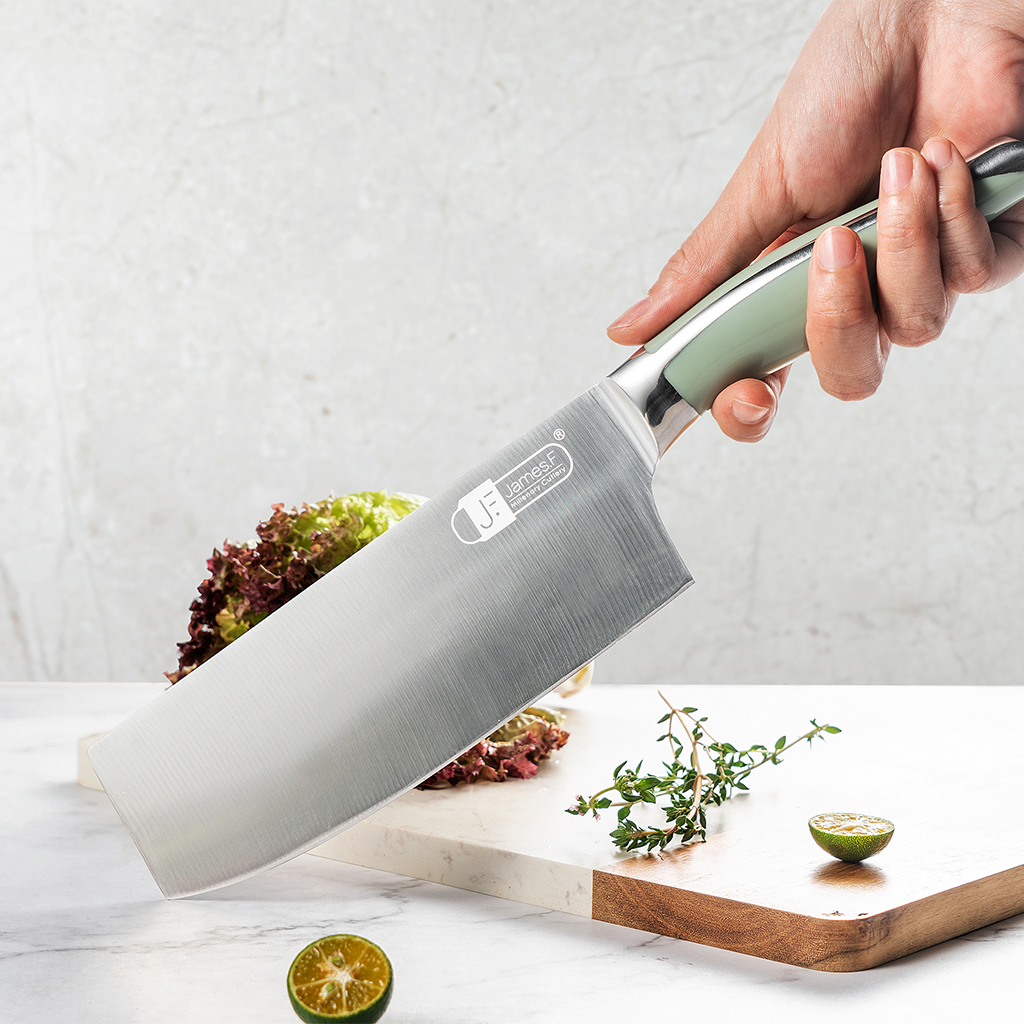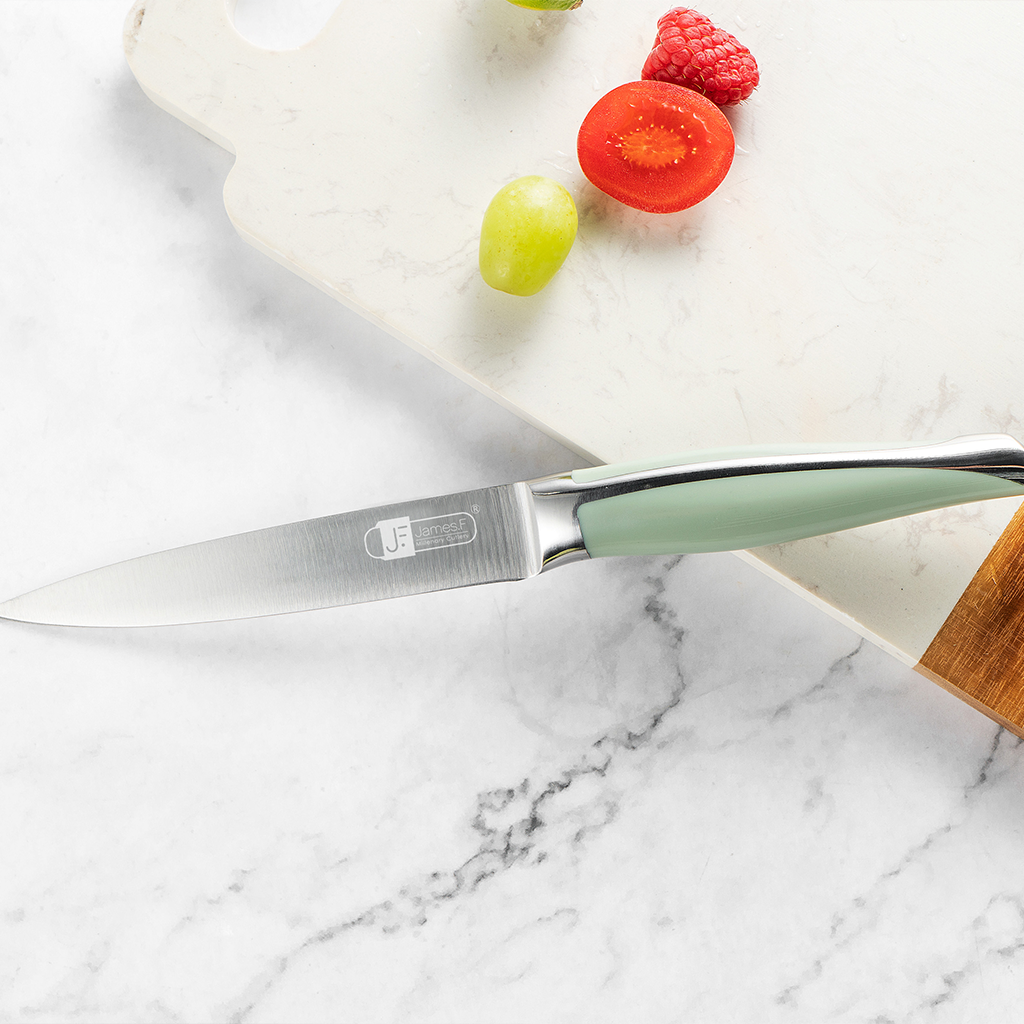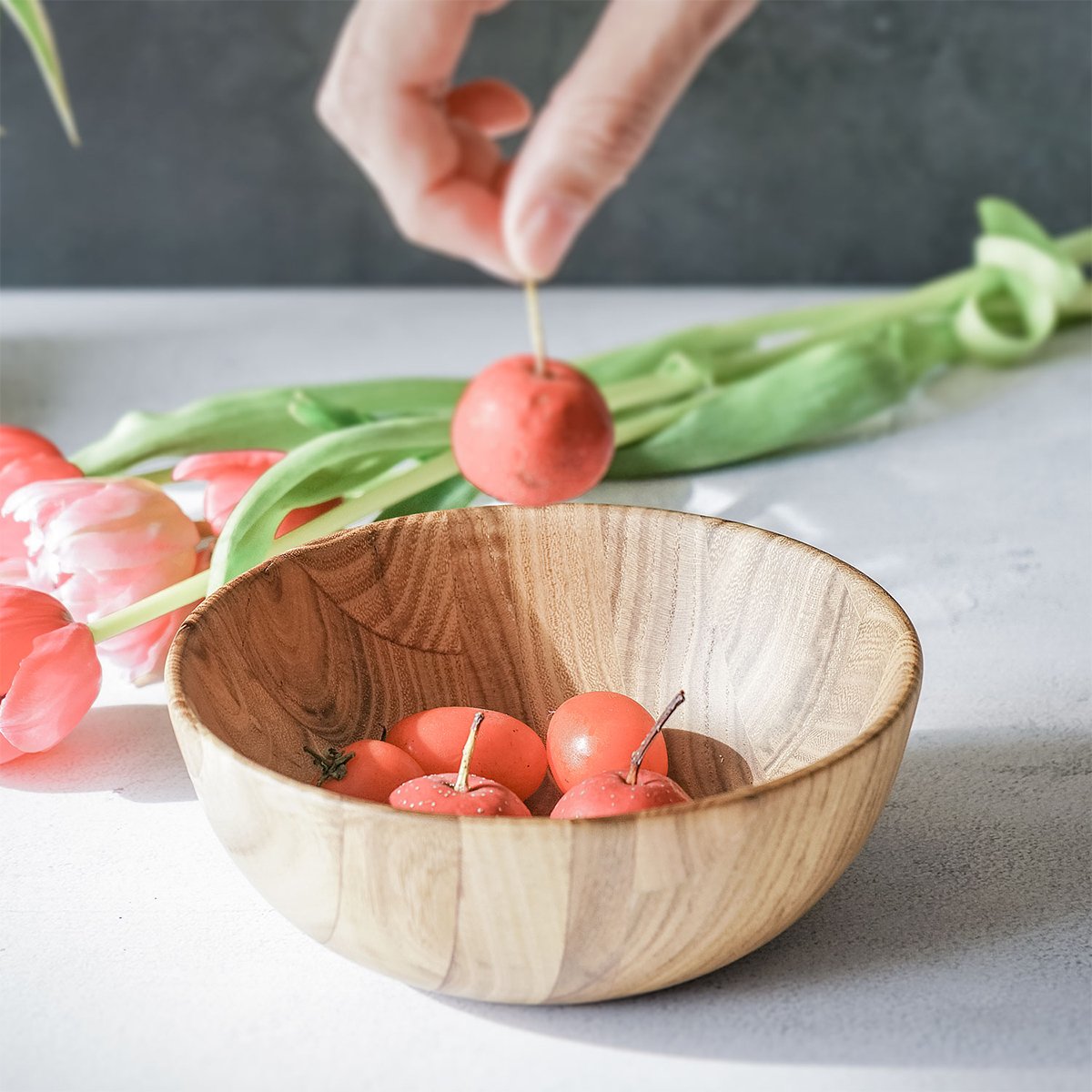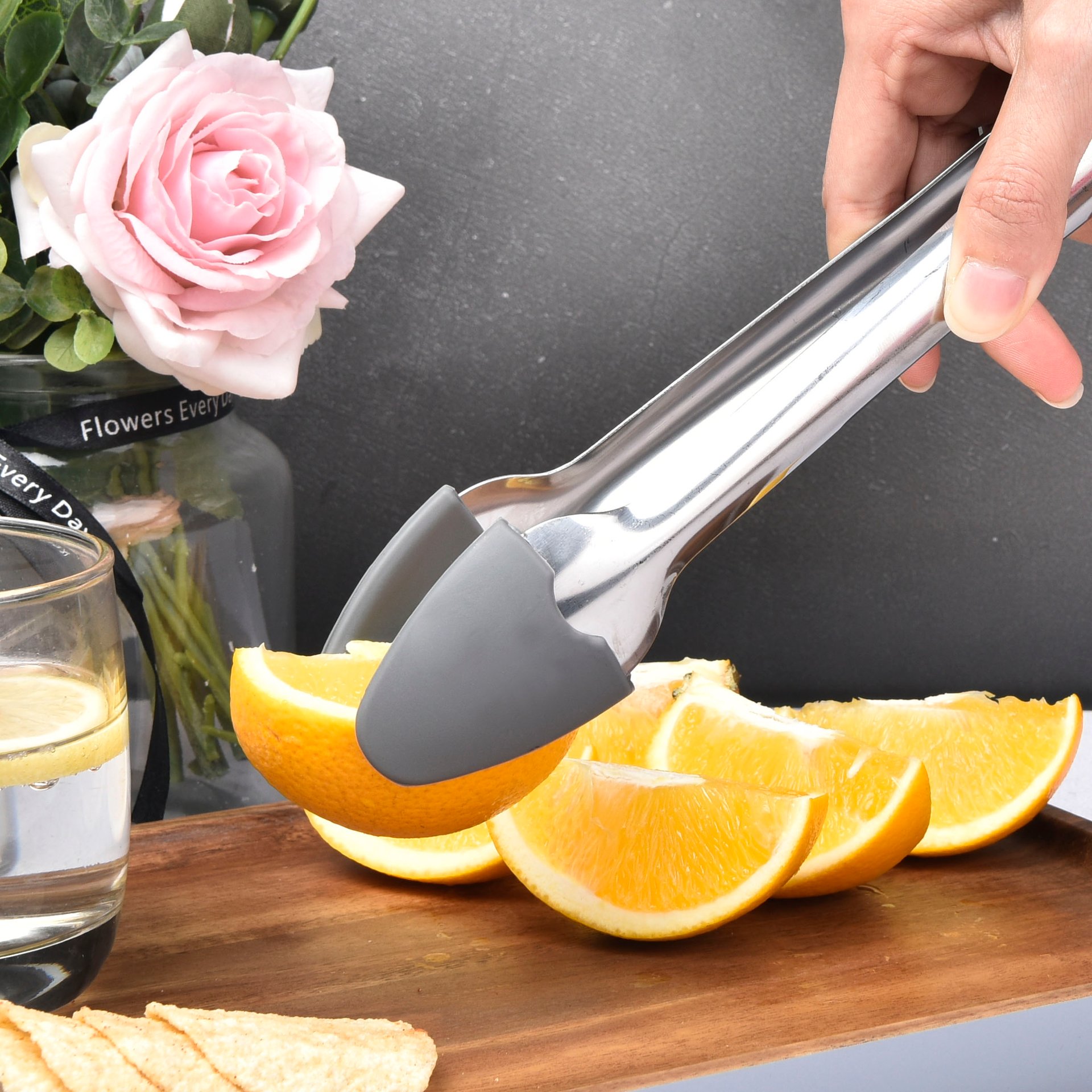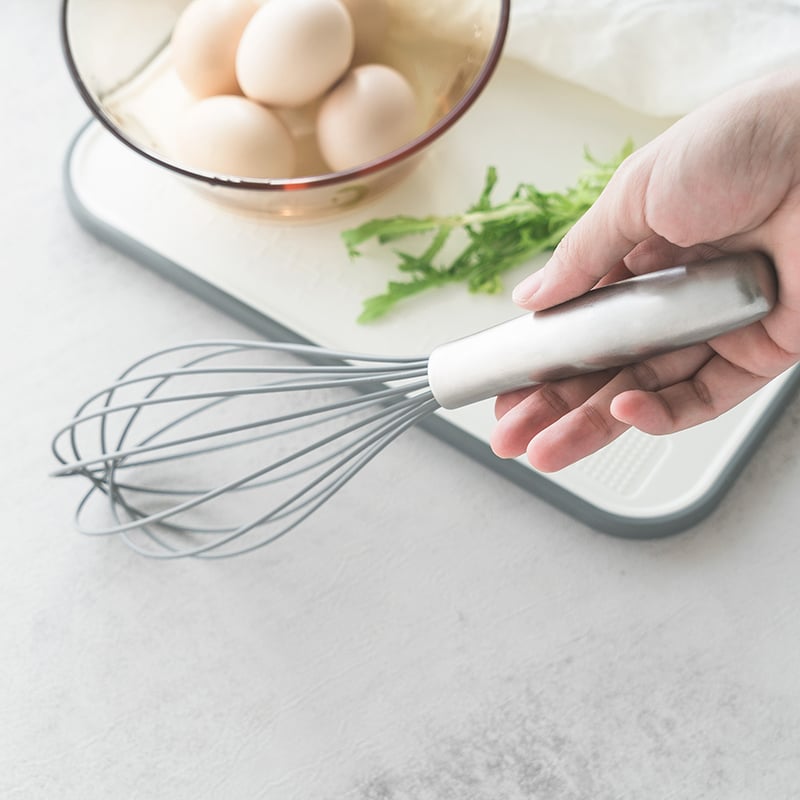The Importance of Properly Caring for and Maintaining Your Chopper Knives
Chopper knives are an essential tool for any chef or cooking enthusiast. They provide precision and efficiency when it comes to chopping, dicing, and mincing ingredients. To ensure that your chopper knives remain in excellent condition and perform optimally, it is crucial to provide them with proper care and maintenance. In this article, we will explore the best practices for caring for and maintaining your chopper knives.
1. Regular Cleaning
One of the most important aspects of knife maintenance is regular cleaning. After each use, make sure to thoroughly wash your chopper knives with warm soapy water. Use a soft sponge or cloth to remove any food residue or stains. Avoid using abrasive cleaners or scrub brushes, as they can damage the blade's surface.
2. Proper Drying
After cleaning your chopper knives, ensure they are properly dried before storing them. Leaving knives wet can lead to rust and corrosion. Use a clean towel to dry the blades and handles thoroughly. Pay special attention to the areas where the blade meets the handle, as moisture tends to accumulate there.
3. Sharpening
Regular sharpening is essential to maintain the cutting performance of your chopper knives. Over time, the blade can become dull, making chopping tasks more difficult. Invest in a high-quality knife sharpener or sharpening stone and follow the manufacturer's instructions to sharpen your chopper knives effectively.
4. Storage
Proper storage plays a significant role in maintaining the longevity of your chopper knives. Avoid tossing them into a drawer with other utensils, as this can cause the blades to become scratched or damaged. Instead, consider using a knife block, magnetic strip, or knife sheaths to keep your chopper knives safely stored and protected.
5. Avoid Cutting on Hard Surfaces
When using your chopper knives, it is essential to avoid cutting on hard surfaces, such as granite or glass cutting boards. These surfaces can dull the blade quickly. Instead, opt for softer cutting boards made of wood or plastic. Additionally, refrain from using your chopper knives to cut through bones or frozen foods, as this can damage the blade.
6. Hand Wash Only
While some knives are dishwasher-safe, it is generally recommended to hand wash your chopper knives. Dishwashers can expose the blades to harsh detergents and high temperatures, which can lead to corrosion and dullness over time. Hand washing allows you to have better control over the cleaning process and reduces the risk of accidental damage.
7. Use Cutting Techniques Suitable for Chopper Knives
Chopper knives are designed for specific cutting techniques. To prevent unnecessary strain on the blade, use a proper chopping motion, keeping the tip of the blade in contact with the cutting board while moving the handle up and down. Avoid using a rocking motion or applying excessive force, as this can cause the blade to bend or chip.
8. Regular Inspections
Perform regular inspections of your chopper knives to ensure they are in good condition. Check for any signs of damage, such as chips, cracks, or loose handles. If you notice any issues, it is best to address them promptly to prevent further damage and maintain the performance of your knives.
9. Oil the Blades
To prevent rust and corrosion, consider applying a thin layer of food-grade mineral oil to the blades of your chopper knives. This helps create a protective barrier against moisture and keeps the blades in optimal condition. Be sure to wipe off any excess oil before using the knives.
10. Seek Professional Assistance if Needed
If you are unsure about How to Properly Care for and Maintain Your Chopper Knives, do not hesitate to seek professional assistance. Knife experts or reputable knife sharpening services can provide guidance on maintenance techniques and offer recommendations specific to your knives.

